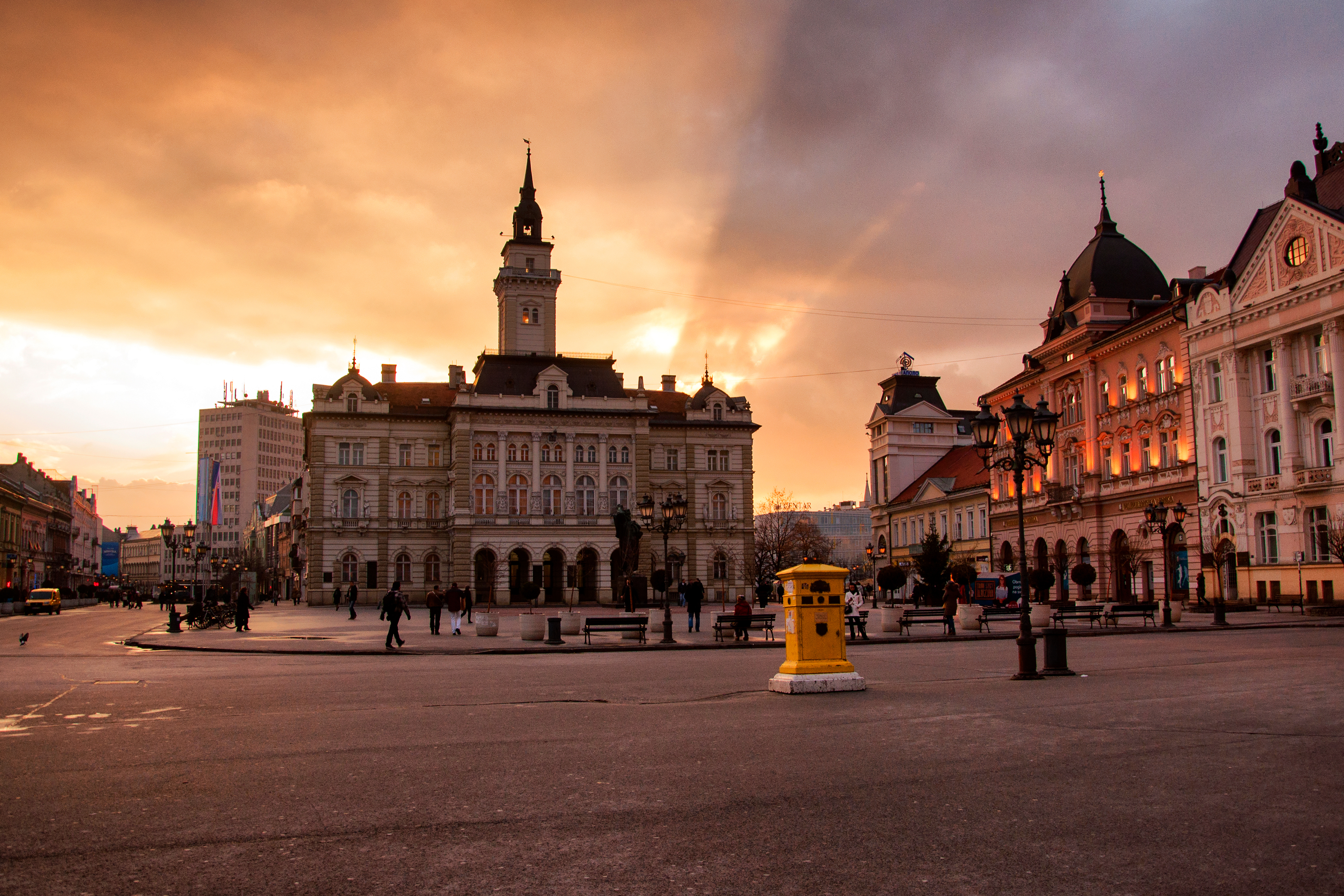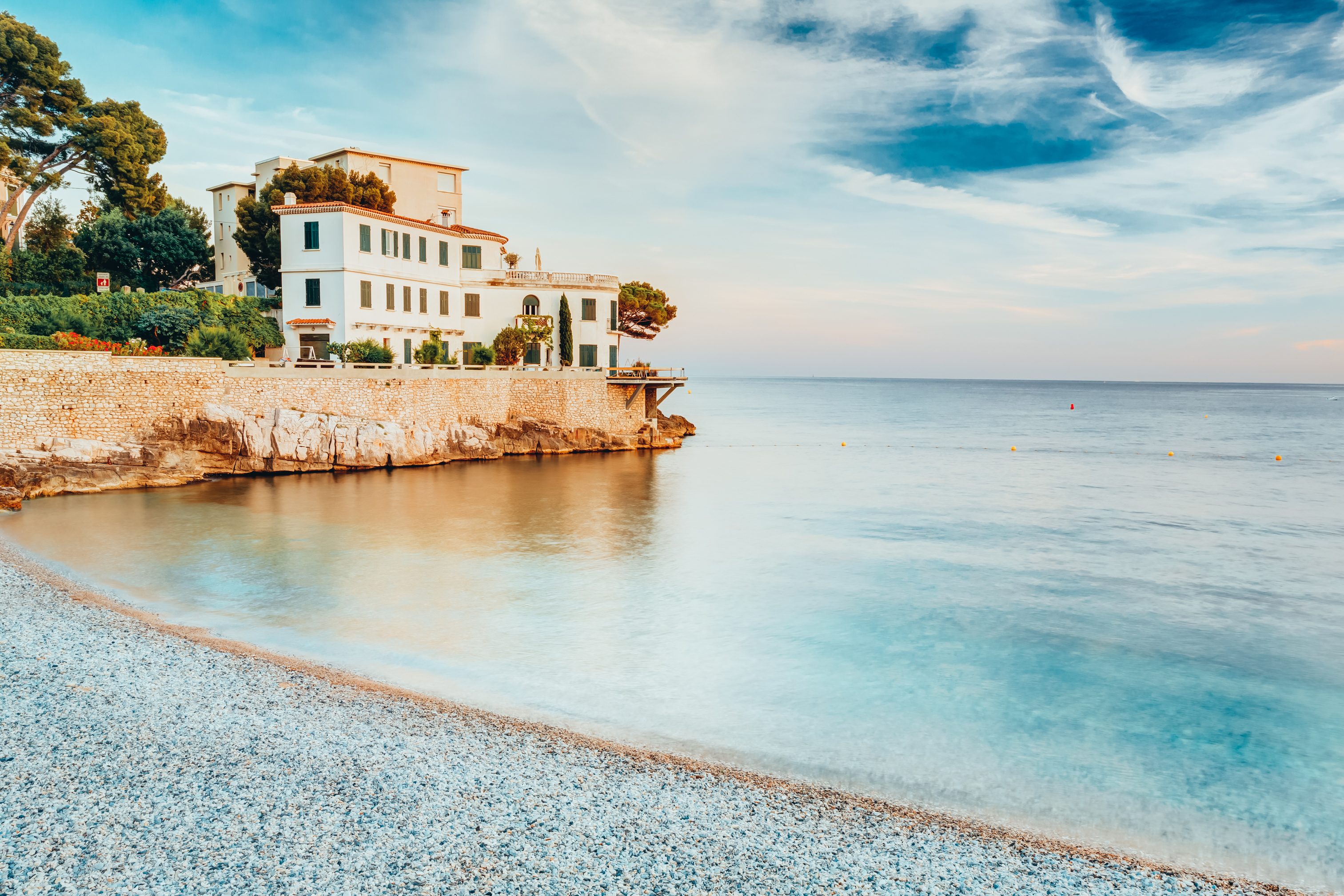Moving to Europe in 2026 provides excellent opportunities to enhance your quality of life and financial situation. European countries have stable, actively developing economies and comfortable infrastructures. They also ensure the law is upheld everywhere. As a result, residents can expect a high standard of living, confidence in the future, and a sense of security. According to statistics, EU states issue about 2.5 to 3 million first residency visas to foreigners per year, and this figure is constantly growing.
To move quickly, it is necessary to carefully consider which country to choose and the basis for requesting a residence permit — not only the speed of migration but also the comfort of the future stay depends on it. Depending on the legislation of a particular jurisdiction, it is possible to apply for a residence permit in Europe after a certain period of time. Usually, five years of residence is required, but in some cases, the status may be granted sooner.
Advantages of living in Europe
Living in a European country comes with the following advantages:
- Economic and political stability;
- Prospects for earning an average salary of about EUR 2,000;
- Profitable business development opportunities in the unified trade and logistics environment of the European market;
- Access to comfortable, well-established urban infrastructure, transportation, and services;
- Access to medical care in modern European clinics that operate according to high standards;
- Quality and prestigious education at local universities;
- Access to an effective social system and support from the state in challenging times.

How to choose the best immigration program to move to Europe
The choice of how to move to Europe for permanent residence depends on:
- The list of available options. Depending on the jurisdiction, the list of grounds for obtaining a residence permit may differ. For instance, immigrating to Europe through language courses is only an option in a few countries. The standard list of options throughout Europe includes employment, enrollment in a local university, starting a business, and family reunification.
- The terms and conditions of a particular program. The requirements for all immigrants are typically limited to having no criminal record and sufficient funds for residence, insurance, and housing. After reviewing the general conditions, it is necessary to analyze the specific requirements of a particular relocation program, such as work experience, education level, income level, and family ties to citizens or residents of the country.
- Residence permit validity terms. A long-term visa in Europe is typically issued for one year, though it may be valid for a longer period. The longer the initial validity period, the less often it will be necessary to renew the permit before obtaining permanent residence or citizenship. It is also important to assess the renewal rules in advance because a residence permit can be extended under the initial conditions or with additional requirements.
- Conditions for further lawful stay. If a foreigner plans to obtain permanent residence and/or a passport in the future, they should consider some important details. Not all periods of residence may be counted when applying for a residence permit. For example, a stay with a student residence visa is often counted at half the actual length. In some countries, certain types of temporary status do not allow you to apply for permanent status, while in others, you must have a permanent residence permit to apply for citizenship.
When deciding on the basis for relocation, one should consider future plans. Those who plan to work remotely for a company in another country should apply for a digital nomad visa. A residence permit for financially independent individuals is suitable for those who receive a stable income from abroad and do not plan to work in the country after moving. Foreigners with entrepreneurial ambitions and financial resources may want to consider business immigration.
Easiest European countries to relocate to
The main criteria for choosing a European country for immigration:
- Quality of life index, the cost of living, the salary levels;
- Language complexity and the language proficiency requirement when applying for a residence permit (for many people, English-speaking European countries are a priority);
- Opportunities for obtaining a residence permit;
- Attitude towards migrants, cultural similarities.
France
France is one of the most developed countries in the EU, offering a high standard of living and corresponding salaries. In the Prosperity Index rating, France ranks 23rd out of 167 countries and 15th in Europe. The country has high indicators in terms of the purchasing power of residents, business conditions, security, and health care. The average salary is EUR 2,300, and basic monthly expenses are limited to EUR 950, indicating an optimal spending-to-income ratio.

The official language is difficult to learn, but many expats in France speak English as a second language, making adaptation easier. The attitude toward foreigners is neutral to positive.
One favorable option for obtaining residency in France is registering for a residence permit in the “passport talent” category. Foreigners can request the status by starting a business with a promising project, without a fixed investment amount. Applicants must confirm their stable income and French address, as well as obtain the government’s approval of their innovative business idea. The residence permit is issued immediately for four years. Five years after moving to France, a person can apply for permanent residence or citizenship, so the residence permit will only need to be extended once. Family members of the main applicant can apply for a similar type of status.

Spain
Spain is a very popular destination for those wishing to immigrate to Europe. It ranks 13th in the world for quality of life and 1st among the best European countries, according to iWorld. The income-to-expense ratio for residents is optimal, and the cost of living is relatively low. The average salary is EUR 1,700, and basic monthly expenses are approximately EUR 700. Spanish is estimated to be an average difficulty language to learn, and proficiency is not required for residence registration. Overall, the attitude toward immigrants here is quite friendly.
Sign up for a consultation
One way to get a Spanish residence permit and move to the EU is to start a business. Applicants must be of legal age, have financial resources, and have no criminal record. They must also provide information about their experience and education, as well as a business plan for the project that justifies the economic benefits of its implementation and the source of funding. There are no requirements regarding the amount of investment. The project must be approved by the National Innovation Company.
The entrepreneur and, later, his or her family members can apply for a residence visa. Residency is granted for three years and is subject to renewal. After five years of residence, a foreigner can request a permanent residence permit.

Serbia
Serbia is not yet a member of the European Union, however, it is in the process of joining the bloc. The country is actively building up its economy. While the quality of life has not yet received the highest scores, Serbia is ranked 34th in the world in terms of security. The average monthly salary is EUR 760, and basic expenses require up to EUR 500. Language proficiency is not required to move to Serbia or obtain a residence permit. According to EF Education First, more than half of the population speaks English. Locals treat migrants kindly.
You can move to Serbia by applying for a residence permit through opening a company. Applicants must confirm that they have sufficient funds for living expenses, health insurance, a local address, and business registration. There are no investment requirements for registering a residence visa. The permit is issued for up to three years. After this period, a foreigner can apply for a permanent residence permit, and then citizenship.

Italy
Italy is one of the most popular places to move due to its real estate market, well-developed infrastructure, healthcare system, large labor market, and friendly people. The average salary is EUR 1,600, and basic monthly expenses for one person are about EUR 850. Italy has a large foreign population, and the locals are friendly and open, which contributes to quick adaptation. Language proficiency is not mandatory for moving or obtaining a residence permit, but Italian skills are necessary for integration, as only a small percentage of residents speak English.
One option for registering a residence permit in Italy is as a sole proprietor. Initially, an applicant must first obtain a visa, confirm the residence address, demonstrate financial means to support themselves, and prove they have no criminal record. Additionally, one must obtain a decision from the Chamber of Commerce and Industry confirming that the applicant has sufficient funds to develop a business, as well as permission from the police.
With an open visa, a foreigner can arrive in Italy and receive a residence permit on the spot, valid for two years. To renew it, you must demonstrate a certificate of registration as a sole proprietor and tax payment data. A foreigner can apply for a permanent residence permit in Italy after living there for five years.
Hungary
In terms of economy and general quality of life, Hungary is considered average. However, it is known for its favorable conditions for residents as well as its authorities’ quick and effective implementation of planned development. The average salary after taxes is EUR 1,080, and one needs about EUR 630 per month for basic expenses. Hungarian is a rather difficult language to learn and has no similarities with English; however, proficiency is not necessary for relocation.
Foreigners can obtain a Hungarian residence permit by registering a company in Europe. Registration for residency does not require investing a fixed amount in the business, but one must be employed by the company as a manager. The applicant must have enough money to cover living expenses, housing, and health insurance in Hungary. The residence visa is initially issued for one year and can be extended for two more years.
Lawyers provide full support for the process of obtaining a residence permit in Hungary through business, including overseeing the company’s opening. A company can be registered remotely without a personal visit to the country or unnecessary time being spent through online verification by a lawyer.
Montenegro
Montenegro is on the path to EU accession and is actively developing the economy and necessary areas to meet the required standards. The quality of life in Montenegro is considered above average. Salaries hover around EUR 1,000, while basic monthly expenses require EUR 500-600 per person. The national language skills are not required to relocate, as more than 50% of the population speaks English, which greatly simplifies integration.
It is possible to register for a Montenegro residence permit and begin the naturalization process on the basis of starting a business. A company can be opened with authorized capital of only EUR 1, while the country is actively establishing accession to the EU’s single trade and logistics environment. To obtain a residence permit, you must have a source of financing, housing in Montenegro, and insurance. Additionally, you cannot have a criminal record or pose a threat to society. The residency status is granted for one year and is subject to renewal. You can apply for permanent residency after five years of living in the country.
How to move to Europe: step-by-step
In most cases, to immigrate to Europe for permanent residence, regardless of the country or program, you will need to:
- Obtain a visa and/or residence permit. Depending on a particular state’s legislation, the order may vary. Sometimes, both documents are requested at the consulate/embassy; alternatively, a visa may be obtained first, followed by a residence permit upon arrival. If a foreigner has the right to visa-free entry into the country, a border crossing permit may not be required. At this stage, you must confirm that you meet the general requirements and any unique requirements depending on the program you choose to move to Europe (for example, employment or company registration).
- Meet the requirements for permanent residence. A residence permit is issued for a limited time, so until the stage of requesting permanent residence in Europe is reached (mostly after five years), it is necessary to maintain legal status and extend the temporary status in a timely manner. During this time, it is usually necessary to have a stable income, comply with local laws, pay taxes on time, and, in some countries, start learning the national language and undergo an integration program.
- Apply for permanent residence. You can apply for permanent residence if you have resided in a European country for the prescribed period of time and met the other requirements. Applications are submitted to the local immigration authority. Upon approval, the foreigner receives indefinite residence, which does not require renewal. However, the residence card itself is issued for a limited period of time (five years, or occasionally ten years), and it must be renewed if necessary. Permanent resident status provides full access to the labor market and social benefits.

Document checklist for a European visa or residence permit
When immigrating to the EU, an initial dossier is prepared for a visa and/or residence permit. The required documents vary by destination country, but usually include a passport, photo, health insurance certificate, criminal record certificate, and proof of financial solvency. Additionally, documents are collected according to the legal grounds for the move, such as an employment contract or company registration information. A dossier for a residence permit usually includes:
- A passport;
- Confirmation of continuous legal residency in the country;
- A document verifying a place of residence in the country;
- A certificate of no criminal record;
- Health insurance;
- Proof of income;
- Tax payment data.
In rare cases, additional proof of mastering the national language or taking an integration course may be required.
Cost of moving and getting a residence permit in Europe
The costs of immigrating to Europe can be divided into two categories: the paperwork and the move itself. You will have to pay fees for a visa (if required), a residence permit (plus renewals) and a permanent residence permit. The amount varies by country, but on average, each permit costs EUR 100-200. When preparing documents, you will also need to pay for their translation and apostille (about EUR 15-20 per page). If you need legal assistance, it is paid for separately.
As for moving expenses, you should budget several hundred euros for tickets, depending on the distance and mode of transportation. The cost of renting varies greatly. A one-room apartment costs between EUR 500 and 600 per month in countries such as Romania, Bulgaria, and Montenegro, and between EUR 1,700 and 1,800 in Switzerland, Denmark, and Norway. Average monthly expenses (food, household goods, etc.) in Europe also vary significantly, ranging from EUR 500-600 to EUR 1,700-1,800.
When planning to immigrate, make sure you have money for housing and basic needs for at least several months in advance. Therefore, it is important to calculate everything correctly beforehand and assess which country is best to move to based on your personal financial situation.
Adapting to life in Europe: language, culture, and more
In most cases, proficiency in the national language isn’t required when moving to EU countries while obtaining a residence visa. However, this requirement may apply to employment programs for highly qualified specialists and researchers, as well as for those moving for studies. Often, English proficiency is sufficient instead of knowledge of the national language, which greatly simplifies the move for many.
Most European countries do not require language proficiency when applying for a residence permit, but there are exceptions, such as Germany and Switzerland. When applying for EU citizenship, applicants are usually required to demonstrate proficiency in the state language. Sometimes exceptions are possible, such as for applicants of retirement age.
Why legal help makes relocating to Europe easier
Moving abroad on your own can be very difficult and risky. To avoid unnecessary delays, refusals, and worries, consider seeking the help of professionals. Reviews also show the importance of legal assistance in obtaining a residence permit in Europe. Migrants confirm errors are easily made when applying independently, such as missing important requirements or choosing an unsuitable program.
Specialists select the best relocation option, prepare documents, organize meetings with authorized bodies, accompany visits, and provide clear instructions. The applicant saves time and can rest assured that the process will be completed accurately and successfully.
Still have questions?
Ask a migration lawyer for free

















